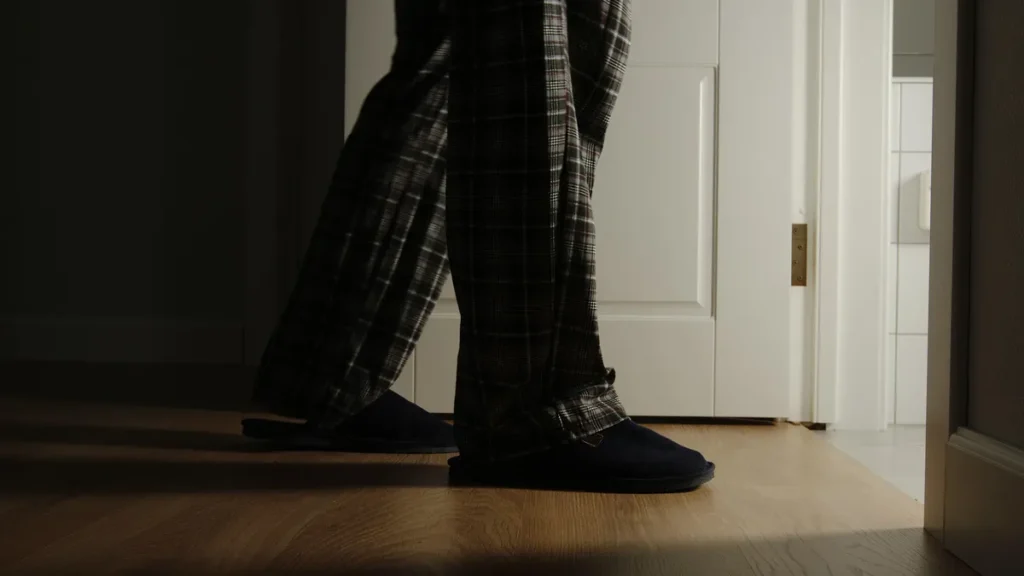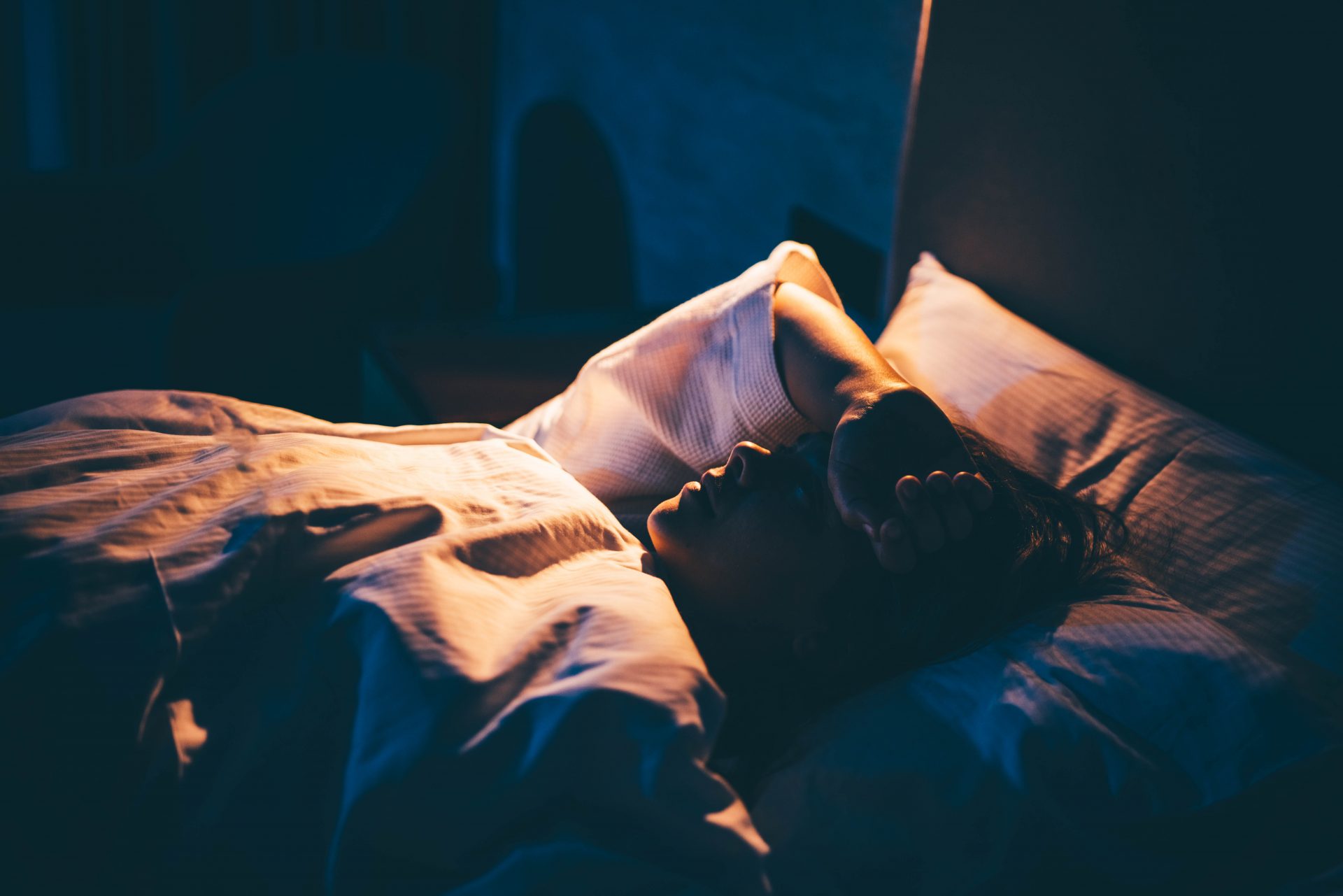
For some, the allure of a midnight snack may be the only motivation to leave the cozy confines of their bed in the wee hours. However, for many others, the call of nature disrupts the tranquility of the night, leading to repeated trips to the bathroom.
Millions of Americans contend with waking up multiple times to pee during the night, a situation that’s far from ideal. Thankfully, several tips and tricks can potentially enhance your sleep quality. Here are some tried-and-tested suggestions:
Understanding Nocturia: Nocturia is a medical condition characterized by waking up more than once per night to urinate. It affects a significant portion of the population, with one in three adults over 30 and half of individuals aged 65 and older experiencing it.
Tips to Reduce Nighttime Bathroom Trips:
- Monitor Caffeine Intake:
- Limit caffeine consumption, especially in the second half of the day, as it may increase the need to urinate.
- Pelvic Floor Therapy:
- For those with pelvic floor issues, consider therapy to strengthen muscles, improve bladder control, and prevent leaks. Basic exercises (such as Kegels) can be performed at home.
- Try Compression Socks:
- Wearing compression socks during the day can improve blood flow, reducing fluid buildup in the legs and potentially alleviating nocturia symptoms.
- Avoid Large Beverages After Dinner:
- Minimize fluid intake before bedtime, avoiding beverages for at least two hours before sleep. Steer clear of alcohol, a diuretic that can increase urine production.
When to Seek Medical Advice: If these strategies don’t yield improvement or if nocturia is significantly impacting your sleep and well-being, consult with a medical professional. They can identify underlying causes, such as medical conditions, medications, or lifestyle factors, and recommend tailored treatments like behavioral changes, exercises, or medications.
While nocturia may disrupt sleep, the encouraging news is that it’s a manageable condition. With the right guidance and treatment, a peaceful night’s sleep can be within reach once again.




